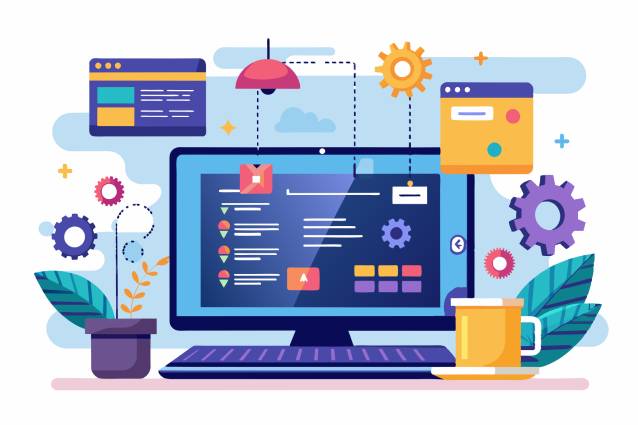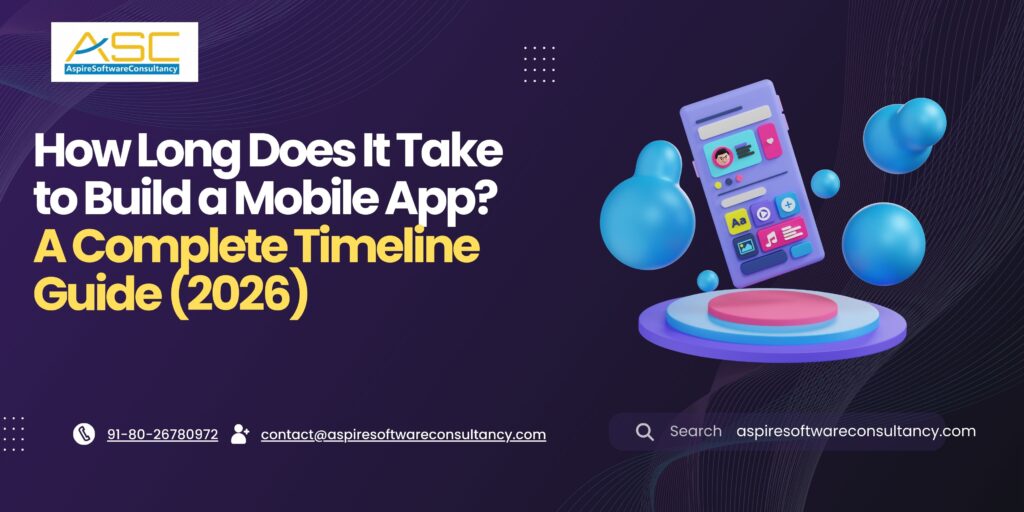Artificial Intelligence (AI) has rapidly transformed various industries, and web application development is no exception. The integration of AI into web apps is reshaping how businesses interact with their users, optimize performance, and deliver personalized experiences. This blog will explore how AI is influencing web application development and the new possibilities it opens for developers and businesses alike.
- Enhancing User Experience with AI
AI has revolutionized user experiences by making web applications smarter and more intuitive. Here’s how it is making a difference:
- Personalization:
AI algorithms analyze user behavior, preferences, and history to provide personalized content recommendations, product suggestions, and targeted advertisements. This not only improves engagement but also increases customer satisfaction and retention.
- Natural Language Processing (NLP):
With AI-powered NLP, web apps can understand and respond to user input more naturally. Chatbots, for example, are becoming more sophisticated, providing real-time support that feels human-like, improving customer service.
- Voice Search Integration:
AI technologies like speech recognition are allowing users to interact with web apps using voice commands. Voice search is increasingly common, driving developers to create web apps optimized for voice-activated interfaces, adding a new level of convenience.
- Personalization:
- Improving Development Efficiency
AI is also playing a critical role in enhancing the productivity of developers by automating repetitive tasks and optimizing the development process:
- Code Generation and Error Detection:
AI-powered tools can assist developers by generating code snippets, identifying bugs, and suggesting improvements in real time. This reduces manual effort and speeds up development cycles, allowing developers to focus on more complex tasks.
- Automated Testing:
Testing is a crucial part of web application development, and AI can automate many aspects of this process. AI-driven testing tools perform faster, more thorough tests, identifying issues early in the development process and reducing the time to market.
- Predictive Analytics:
AI can analyze large sets of data from previous projects to predict development trends and potential challenges, allowing teams to proactively address bottlenecks and make more informed decisions throughout the development lifecycle.
- Code Generation and Error Detection:
- Advanced Security with AI
Security is a top priority in web application development, and AI is playing a key role in enhancing cybersecurity measures:
- Threat Detection:
AI systems can detect suspicious behavior or anomalies in web apps in real time, identifying potential threats such as data breaches, malware, or unauthorized access. AI-powered security solutions can learn and evolve, providing stronger protection against ever-evolving cyber threats.
- Fraud Prevention:
AI algorithms can analyze user behavior patterns to identify and prevent fraudulent activities. For instance, AI can detect unusual payment behavior or login attempts and trigger security protocols to protect sensitive data.
- Automated Security Audits:
AI-driven tools can continuously scan web applications for vulnerabilities, ensuring that any potential security issues are quickly identified and mitigated, making web applications more secure.
- Threat Detection:
- Boosting Web Application Performance
AI’s ability to analyze vast amounts of data in real time enables it to optimize the performance of web applications:
- Content Delivery Optimization:
AI can optimize content delivery by predicting user needs and preloading content before it’s requested. This reduces loading times and improves the overall responsiveness of web applications.
- AI-Based Caching:
AI can predict the most frequently requested content and cache it dynamically, reducing server load and ensuring smoother performance, even during high-traffic periods.
Predictive Maintenance: AI tools can monitor the health of web applications and predict potential failures or downtime. This allows developers to carry out proactive maintenance, ensuring a more reliable user experience.
- Content Delivery Optimization:
- Data-Driven Decision Making
Web applications are collecting more data than ever, and AI is enabling businesses to leverage this data to make smarter decisions:
- Customer Insights:
AI analyzes user data to provide insights into customer behavior, allowing businesses to tailor their strategies to meet user needs. Web applications can automatically adjust features, interfaces, and content based on real-time user behavior.
- A/B Testing:
AI-driven A/B testing tools analyze user interactions and automatically optimize the best-performing version of web applications. This removes much of the guesswork from decision-making, leading to more effective strategies and better user experiences.
- Demand Forecasting:
AI can analyze historical data to predict future user behavior, such as traffic surges or market demand. This allows businesses to prepare their web applications for increased activity, ensuring scalability and consistent performance.
- Customer Insights:
Conclusion
Artificial Intelligence is not just influencing web application development—it is transforming it. By automating processes, enhancing user experiences, improving security, and providing real-time insights, AI is enabling businesses to create smarter, more efficient web applications. As AI continues to evolve, we can expect even more innovative applications in the web development space, pushing the boundaries of what is possible.







